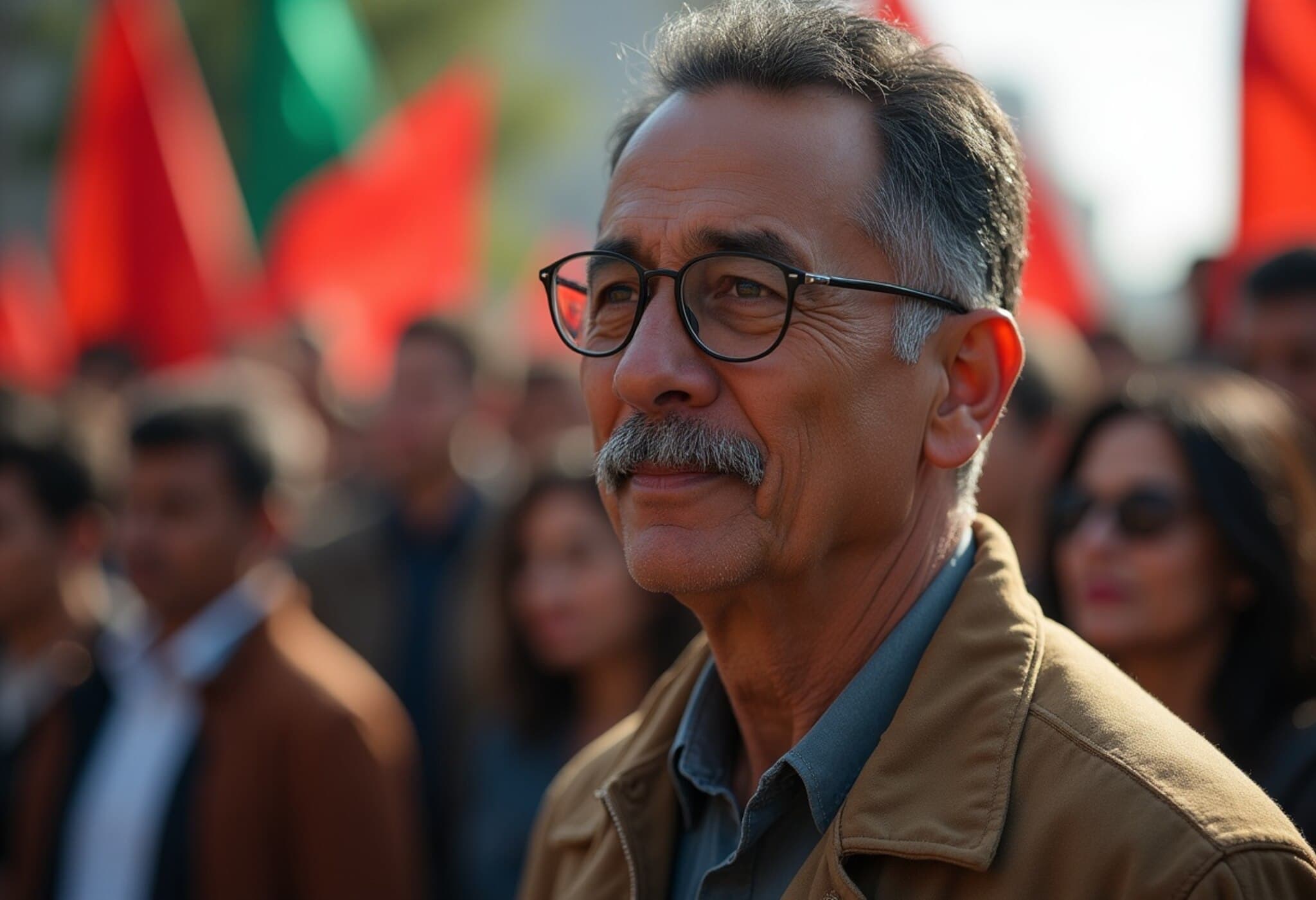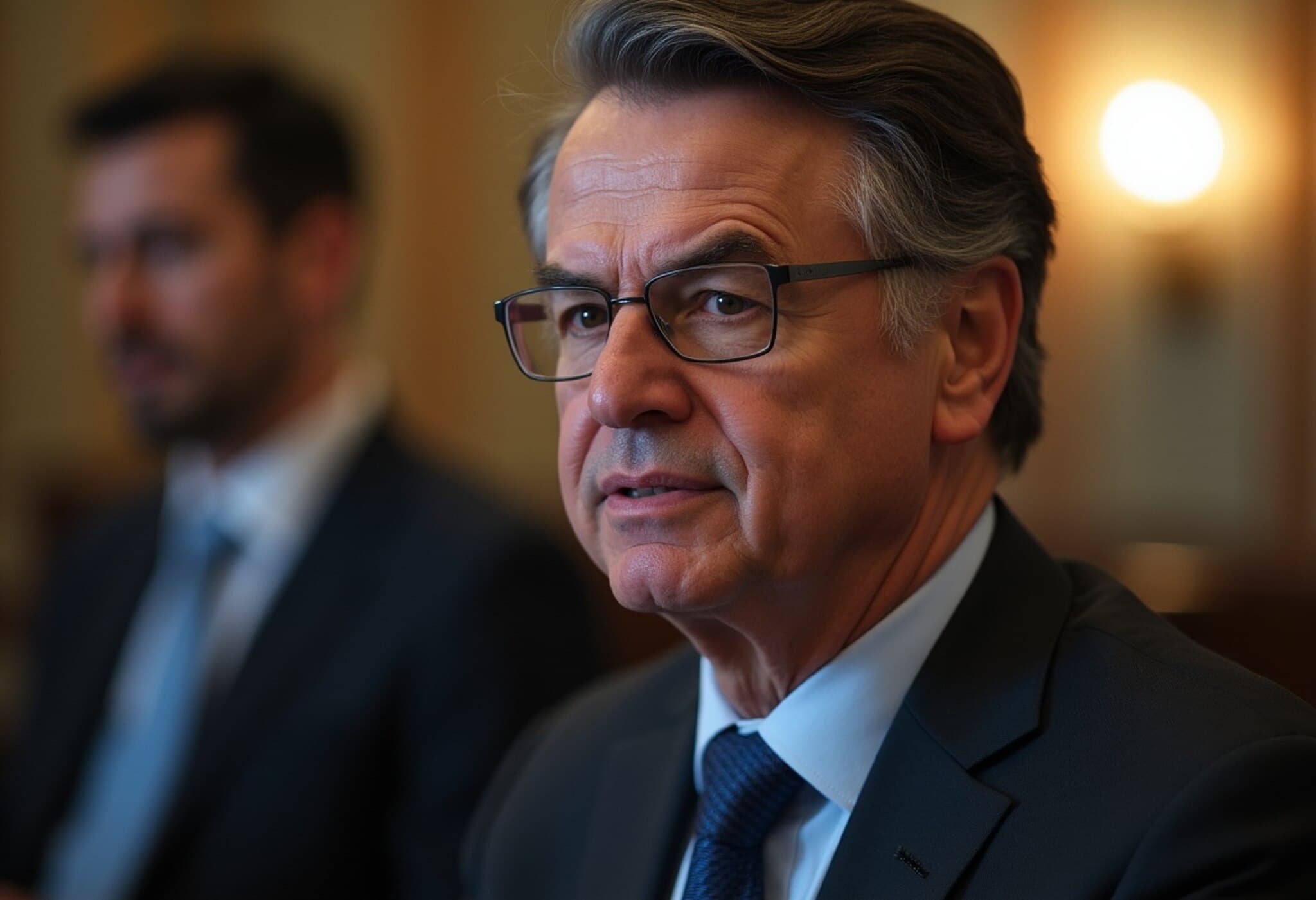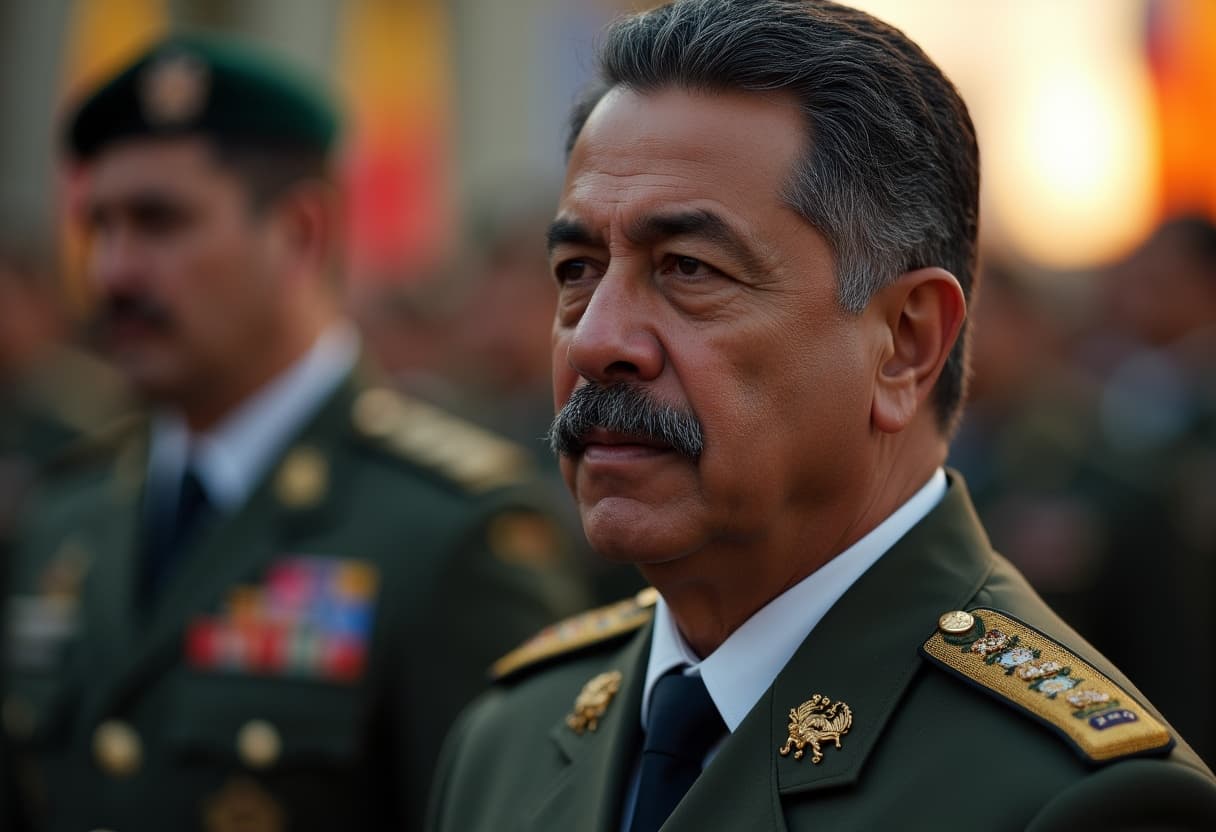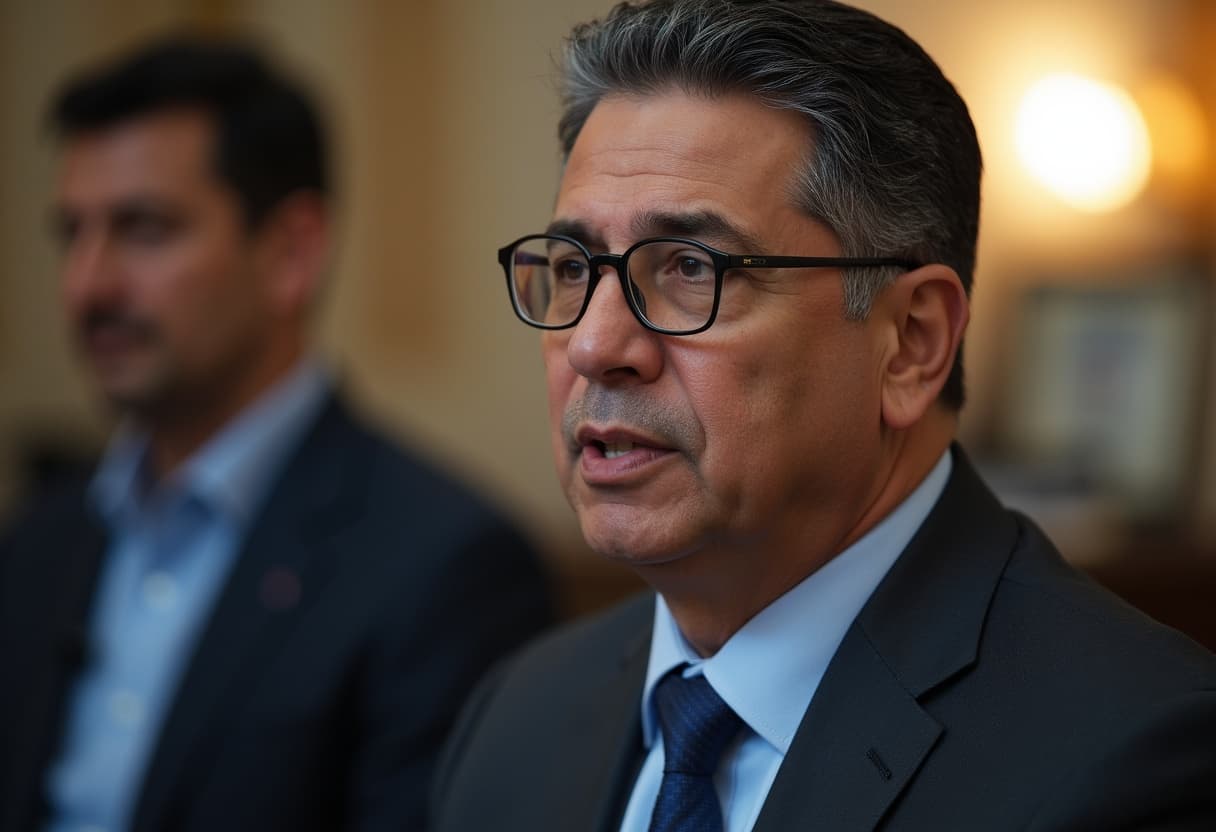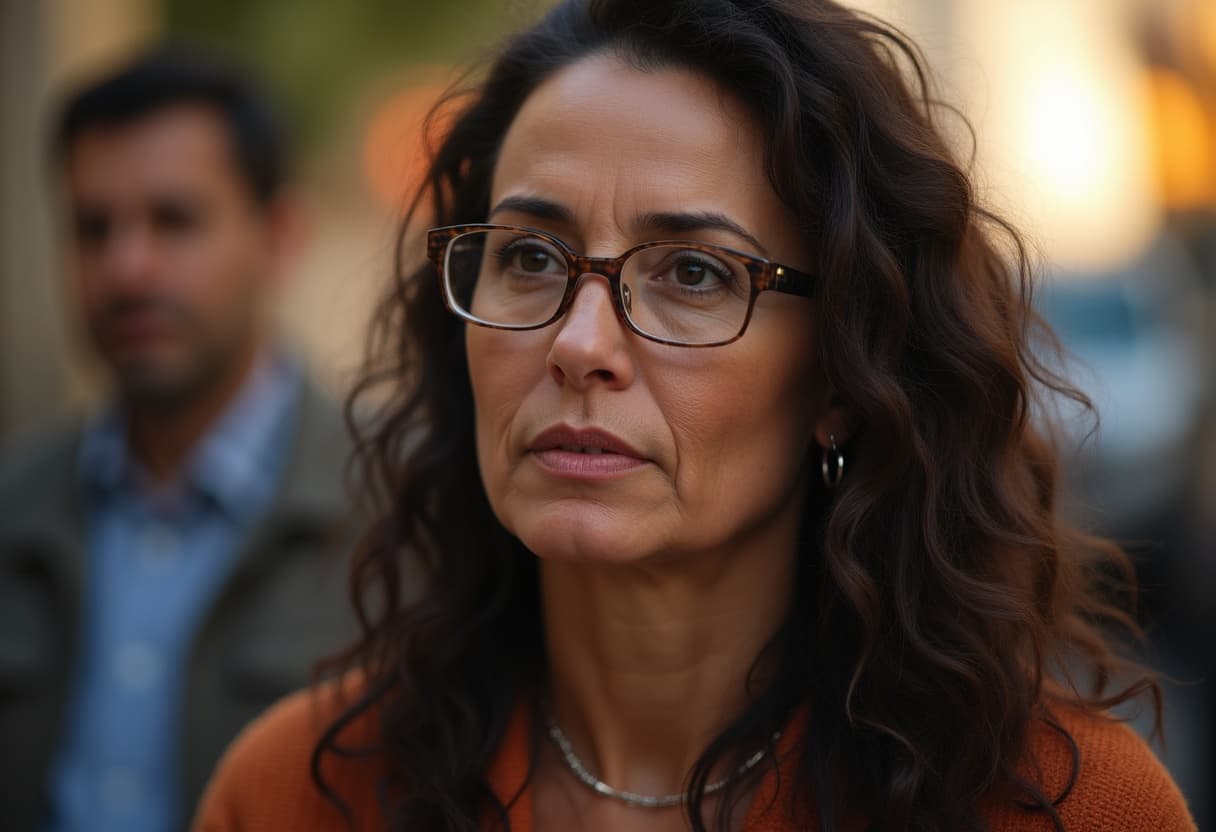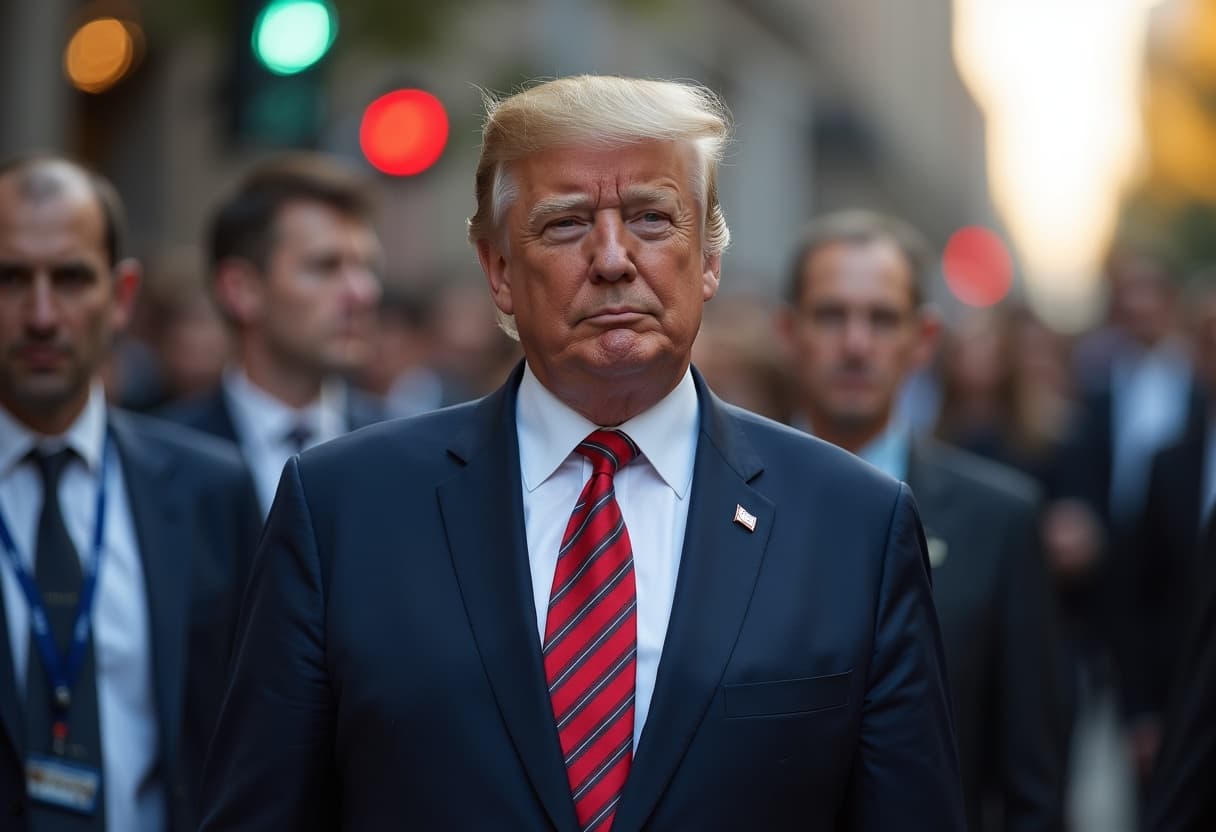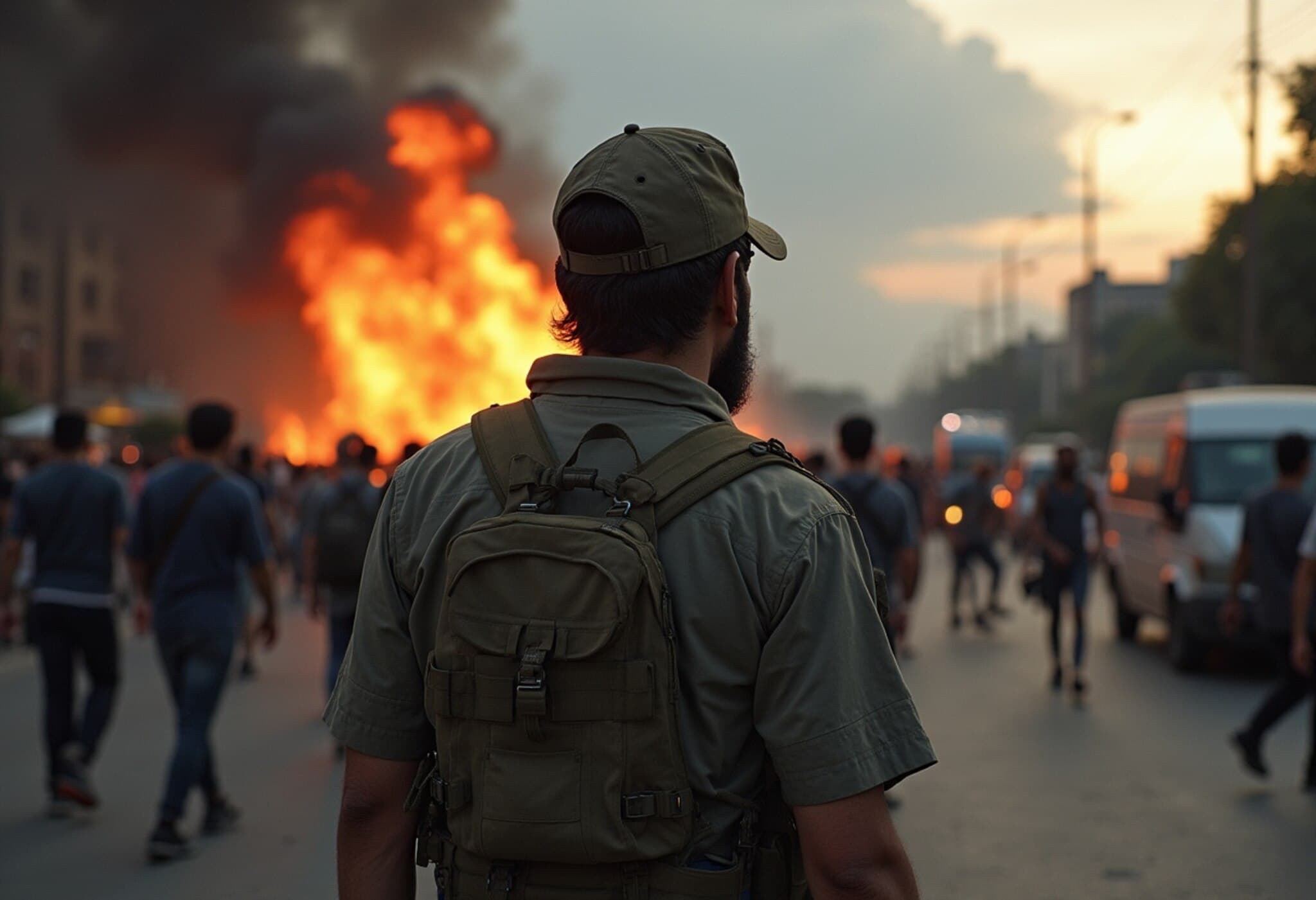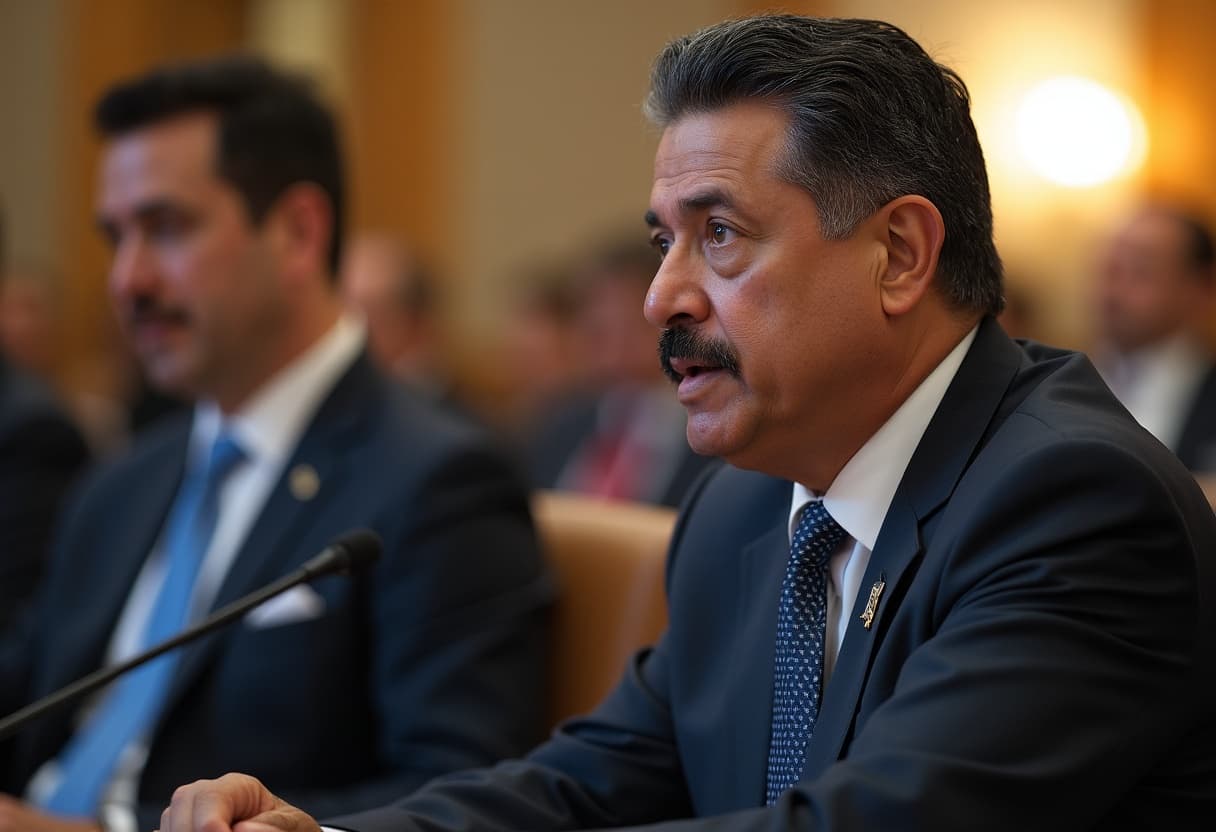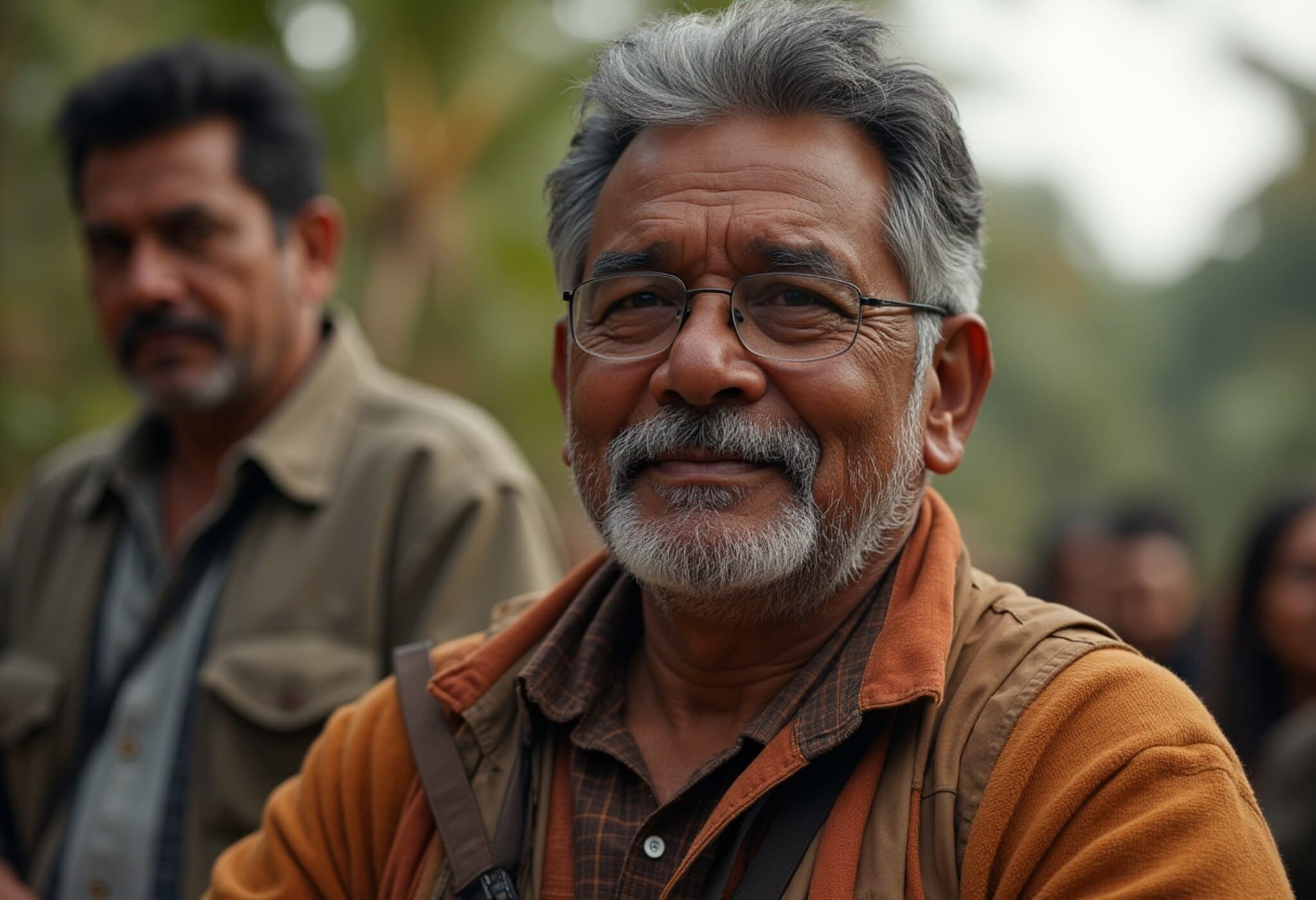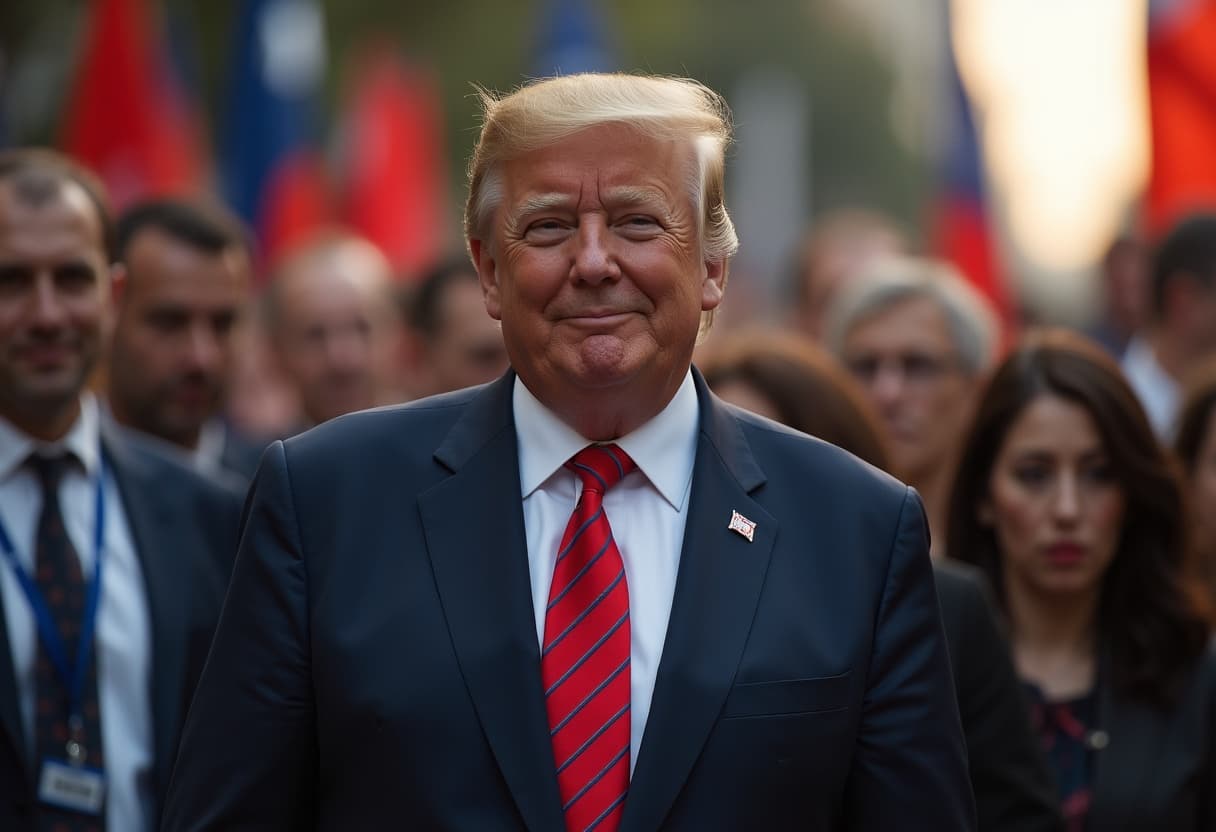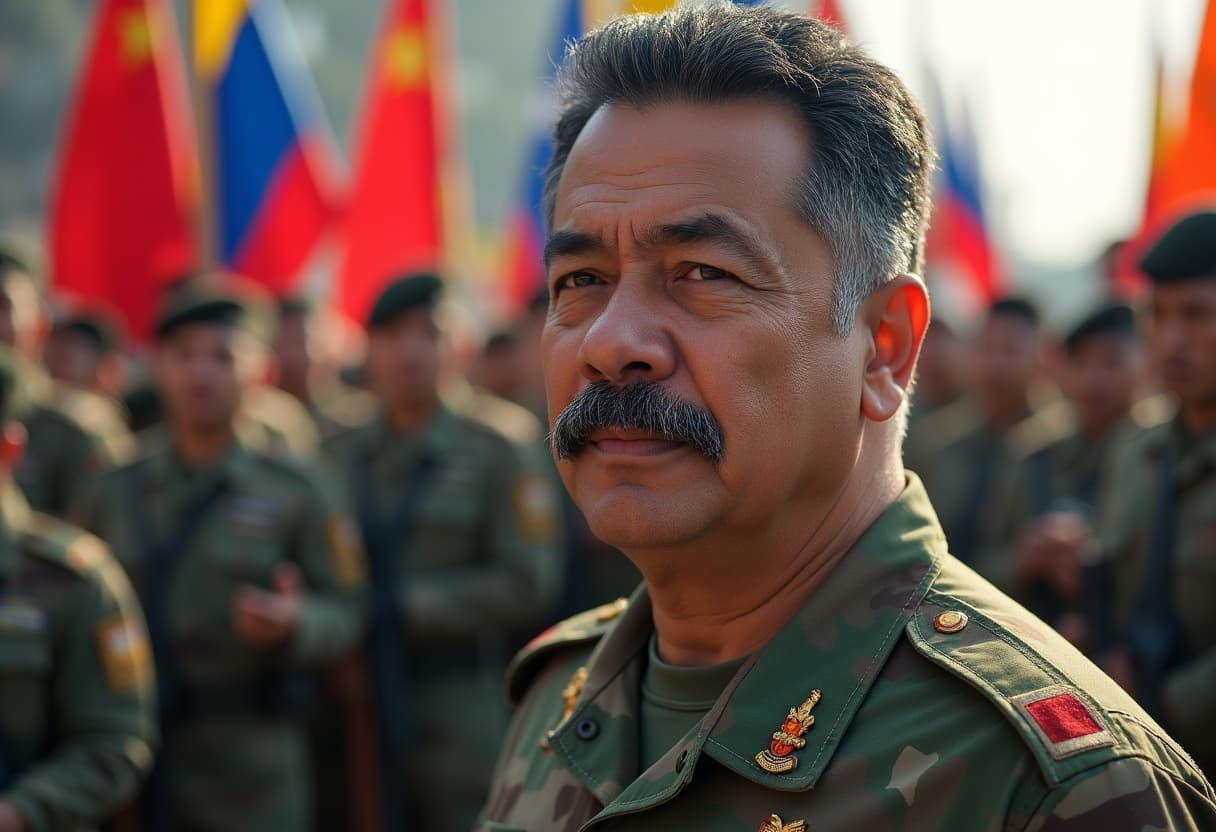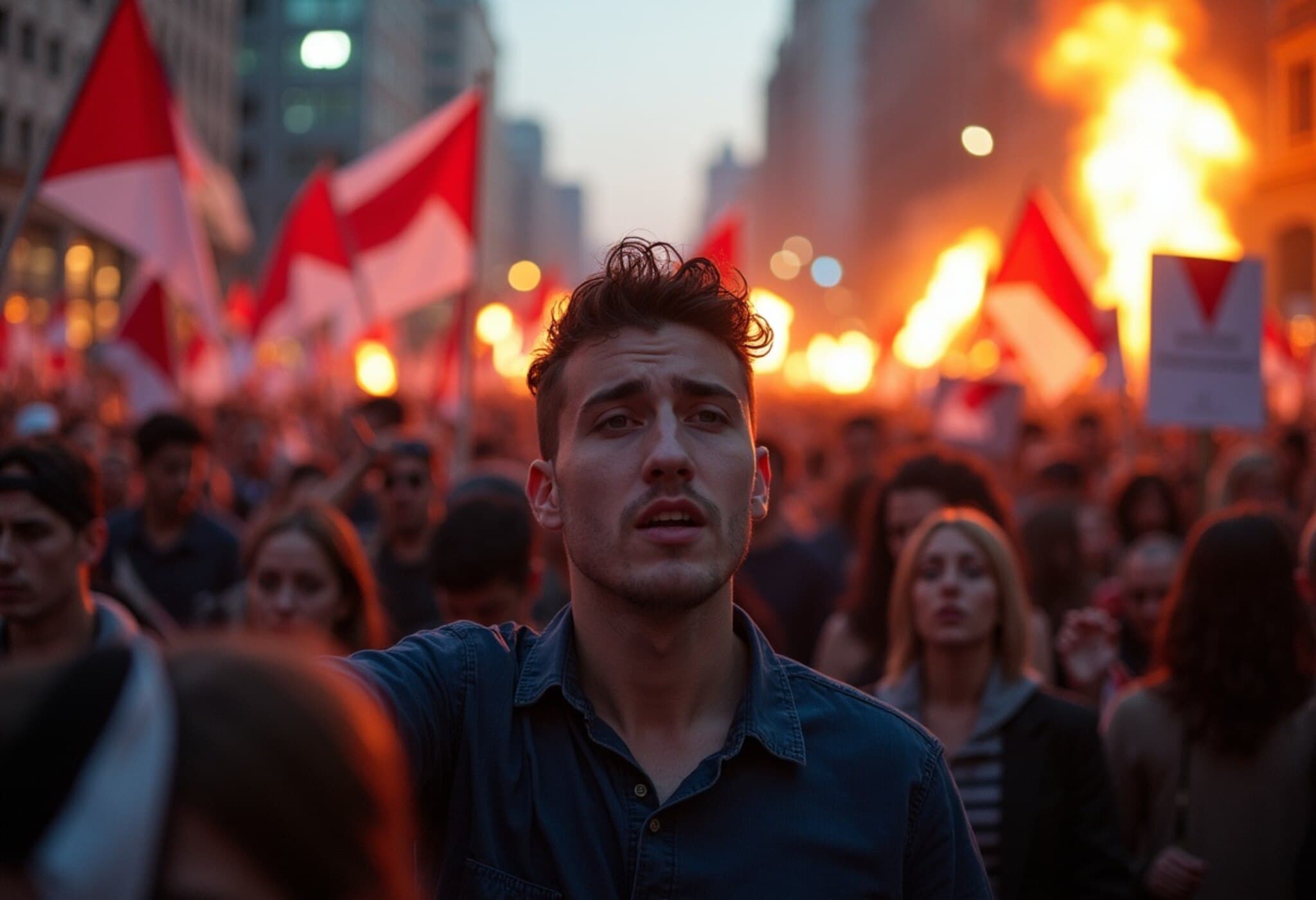Bolivia’s Presidential Election Ends Two Decades of Leftist Rule
In a political sea change, Bolivia appears set to usher in a right-wing leadership after 20 years dominated by socialist governance. Early projections from Ipsos and Captura pollsters reveal that two right-wing candidates are leading the first round of Bolivia’s presidential elections, signaling a potential run-off that could reshape the nation’s trajectory.
The Front-Runners: A Surge to the Right
Center-right Senator Rodrigo Paz has emerged as the unexpected frontrunner, securing over 31% of the vote in the preliminary count. Close on his heels is former right-wing president Jorge “Tuto” Quiroga, who commands roughly 27%. These results have pushed millionaire businessman Samuel Doria Medina, once favored to win, into third place with approximately 20% of votes. The leading leftist contender, Senate president Andronico Rodriguez, lagged significantly behind.
Economic Crisis Drives Voter Sentiment
Bolivia’s worst economic crisis in a generation has clearly played a pivotal role in the electoral outcome. Key issues such as soaring inflation, which hit nearly 25% in July, and critical shortages of fuel and foreign currency have left everyday Bolivians struggling. The erosion of economic stability eroded faith in the incumbent socialist administration that traced its roots to Evo Morales’ presidency starting in 2005.
“The left has done us a lot of harm. I want change for the country,” said Miriam Escobar, a 60-year-old pensioner in La Paz, encapsulating widespread public disillusionment with the status quo.
The Stakes: Economic Reform and International Reorientation
The potential new leadership paints a radically different vision for Bolivia's future. Both Paz and Quiroga have pledged to overhaul the nation’s large-state economic framework and reposition Bolivia on the global stage.
- Jorge Quiroga has promised drastic cuts in public spending, a welcoming environment for foreign investment, and renewed diplomatic engagement with the United States, reversing the previous administration’s strained ties.
- Rodrigo Paz appeals to voters through a populist approach focused on anti-corruption, tax reductions, and an inclusive capitalist model aimed at broader societal benefits.
Voices from the Ground
Agustin Quispe, a miner from Bolivia’s resource-rich heartland, dismissed Quiroga as a “dinosaur,” signaling generational and ideological divides. Instead, he threw his support behind Paz, seeing him as the candidate better aligned with contemporary aspirations.
Political scientist Daniela Osorio Michel of the German Institute for Global and Area Studies noted, “Beyond the ideological shift, voters are seeking stability amid economic turmoil, drawing inspiration from shock therapies like those implemented by Argentina’s Javier Milei.”
The Enduring Shadow of Evo Morales
The former president, who was barred from contesting a fourth term, remains a central figure casting a long shadow over this electoral chapter. Known for his success in reducing extreme poverty through resource nationalization and social programs, Morales is concerned about the right-wing surge.
He urged his rural Indigenous base to spoil ballots in protest and warned of mass demonstrations should the right return to power.
However, Bolivia’s economic fortunes have waned markedly since Morales’ prime, with gas revenues plunging from a high of $6.1 billion in 2013 to just $1.6 billion last year. Meanwhile, the promise of lithium wealth remains untapped underground amid looming fiscal challenges, leaving Bolivia grappling with shortages of essentials such as fuel and wheat.
What Lies Ahead?
As Bolivia prepares for a likely run-off, the nation stands at a crossroads, balancing the need for economic revival against the imperative of social cohesion in a diverse society.
The election outcome will not only shape Bolivia’s policy landscape but could also influence broader regional dynamics, especially in Latin America’s complex interplay between leftist and right-wing governance models.
Editor’s Note
Bolivia’s political transformation underscores the profound impact of economic crises on democratic choices. This election challenges us to consider how nations steeped in identity politics and resource dependency navigate change amid globalization’s pressures. Will the pendulum swing toward market-driven reforms bring long-term stability, or risk deepening divisions? Observers should watch closely how Bolivia reconciles its rich indigenous heritage with evolving economic realities in the months ahead.

